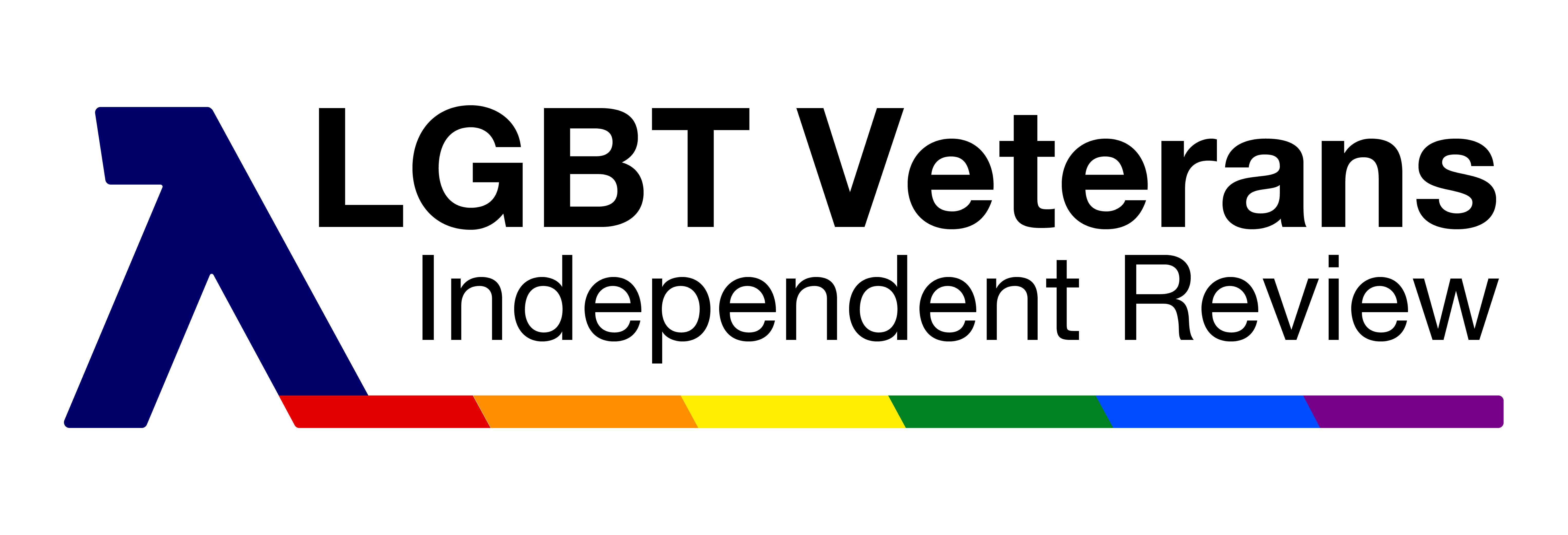Preface and summary
This Report is about the existence, enforcement and consequences of an official policy current in HM Armed Forces between 1967 and 2000 which is a stain on the illustrious history of the UK’s armed forces. The policy was that no person subject to service law who was gay, lesbian, transgender or transitioning due to gender dysphoria, or who was perceived to be such, even if they were not in fact, could be or remain a member of the armed forces. It made no difference that such military personnel had never engaged in same sex sexual relations or that they were not aware of being gay, lesbian or suffering from gender dysphoria when they joined the armed forces, sometimes when only 15 years of age.
Some of those who offended against the policy of the Ban were either dismissed following a court-martial or administratively discharged. There were others who could not take the strain and stress of continually hiding their sexuality, and so resigned or did not extend their contract. The policy was not enforced uniformly across the armed forces but, where it was enforced, it was usually enforced in a rigorous and often brutal way with long term damaging consequences, many of which have blighted the lives of affected personnel to this day.
At the heart of the Review which has led to this Report are the statements of those who were victims of this overt homophobic policy. Some victims have died a natural death since the Ban was removed. Others have taken their own lives. Many of those still living have attempted to die by suicide or have thought about doing so.
Those statements give shocking evidence of a culture of homophobia, and of bullying, blackmail and sexual assaults, abusive investigations into sexual orientation and sexual preference, disgraceful medical examinations, including conversion therapy, peremptory discharges, and appalling consequences in terms of mental health and wellbeing, homelessness, employment, personal relationships and financial hardship.
The survivors have waited for at least 23 years for acknowledgment of what they have suffered, and for justice and restitution. Their testimonies are very moving. In many cases, completion of their statements in response to the Review’s Call for Evidence has involved great emotional pain and courage in recalling and recording details of events which occurred decades ago but whose consequences are still acutely felt. Most have a strong feeling of bitterness at what took place. The Report contains quotations from those statements illustrating how the Ban operated in practice and its effect on the lives of those who suffered from it.
The Report considers the factual and legal background to the Ban and its eventual abandonment in January 2000 after the European Court of Human Rights gave judgment in favour of four service personnel who were investigated and then discharged because of their homosexual orientation. The court held that the investigations and discharges in pursuance of Ministry of Defence (MoD) policy were in breach of Article 8 of the European Convention on Human Rights (right to respect for private and family life) as the UK had failed to establish that they were justified.
The Report makes recommendations as to what might be done now by the government to acknowledge that the policy was wrong and unjust and in many cases has had life-long adverse consequences for those affected, and also to demonstrate that the service of veterans who suffered under the Ban is appreciated just as much as that of any other veterans who have served the interests of the nation. It considers how veterans affected by the Ban can now be better supported by health and welfare organisations such as the NHS and veterans’ charities.
The Report is a unique record of what, to the modern eye, is an incomprehensible policy of homophobic bigotry in our armed forces. Promotion and enforcement of the policy by the MoD and by many in the senior ranks of the armed forces set the ethos for other serving personnel in all ranks. The armed forces today are a very different environment in terms of greater diversity and inclusion. My hope is that, if the government accepts all of my recommendations, which are briefly summarised in Annex 11, a line may finally be drawn under this unjust aspect of the history of the UK’s armed forces that persisted prior to 2000 but whose damaging consequences are still experienced by many LGBT veterans today.
Terence Etherton
The Rt. Hon Lord Etherton Kt, KC, PC
May 2023
